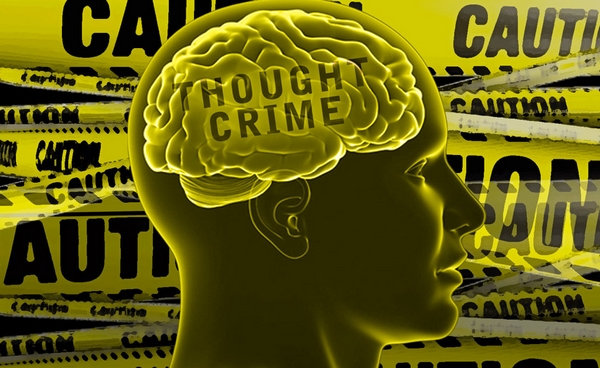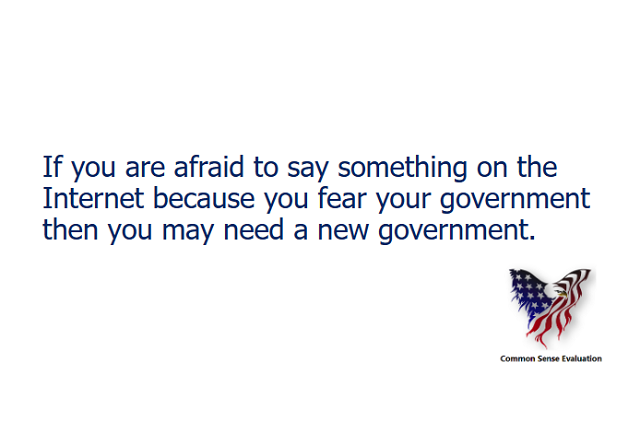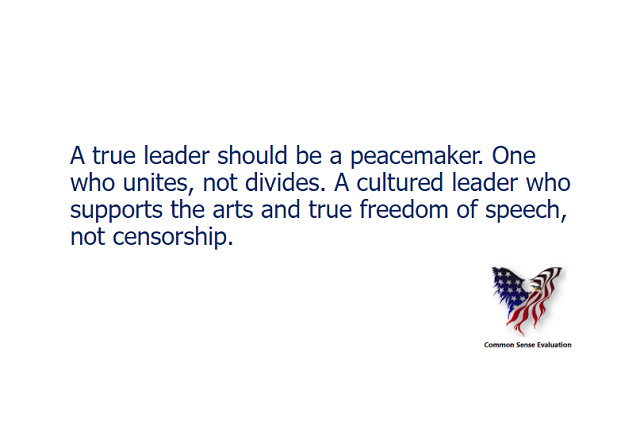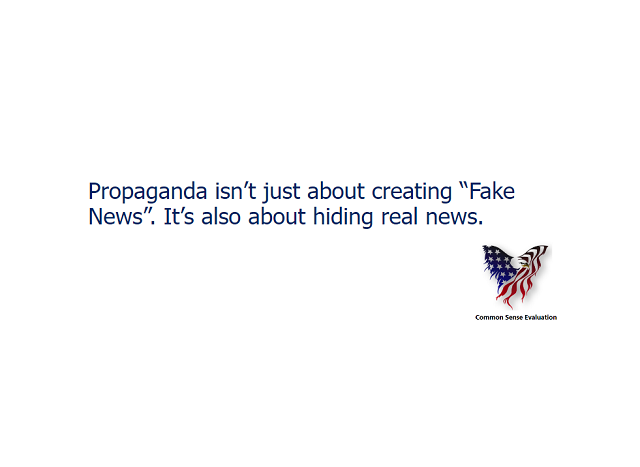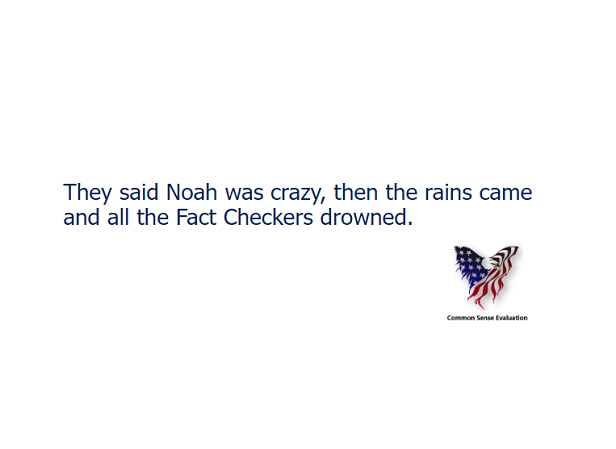In the realm of social media, concerns about the suppression of dissenting voices and the rise of censorship have become increasingly prominent. This article delves into the concept of “thought crimes,” Marxist influence on social media censorship, and the additional claim of intelligence agency involvement. By shedding light on these interconnected issues, we aim to explore the potential risks they pose to free speech and the free discourse of ideas.
The Rise of Thought Crimes
Thought crimes, as derived from George Orwell’s novel 1984, refer to the notion that certain thoughts or opinions can be considered punishable offenses, irrespective of whether they are expressed publicly or privately. While the idea of penalizing individuals for their thoughts may seem far-fetched, instances have occurred where individuals faced severe consequences for expressing unpopular or controversial views.
The suppression of thought crimes can have a detrimental impact on free expression and the open exchange of ideas. By fostering an environment of fear and self-censorship, individuals may refrain from expressing their opinions, stifling diverse perspectives and hindering intellectual growth. This concern becomes even more pronounced when coupled with the allegations of intelligence agency involvement in social media censorship.
Marxist Influence on Social Media Censorship
Critics argue that social media platforms exhibit an ideological bias, favoring certain political perspectives while marginalizing or silencing others. These critics suggest that a Marxist influence is at play, contending that social media giants and their algorithms are being leveraged to suppress dissenting voices and promote a specific worldview.
The alleged Marxist influence on social media censorship has sparked intense debate. Proponents argue that such measures are necessary to combat hate speech, disinformation, and protect vulnerable communities. However, opponents maintain that this type of censorship often suppresses legitimate viewpoints that challenge the mainstream narrative, thereby threatening the principles of free speech.
Intelligence Agency Involvement
In addition to claims of Marxist influence, another assertion that has gained attention is the alleged involvement of intelligence agencies such as the FBI (Federal Bureau of Investigation) and CIA (Central Intelligence Agency) in directing social media censorship. Critics argue that these agencies, driven by national security concerns, exert influence on social media platforms to control the flow of information and shape public opinion.
The Dangers of Censorship and Intelligence Agency Involvement
The dangers associated with censorship and the alleged involvement of intelligence agencies in social media censorship are deeply unsettling and should raise significant alarm bells. These issues pose a severe threat to free speech, American values, and the very essence of a free society.
Censorship, when wielded as a tool of control, has the potential to silence dissent and suppress critical thinking. By limiting the range of ideas and opinions that are deemed acceptable, it creates a chilling effect on free expression, stifling creativity and hindering societal progress. The narrowing of public discourse not only undermines the principles of our Republic and also fosters a dangerous atmosphere of conformity and intellectual stagnation.
The alleged involvement of intelligence agencies in social media censorship raises even graver concerns. It suggests a sinister manipulation of information and public opinion for undisclosed agendas. The concentration of power in the hands of clandestine entities undermines transparency, accountability, and the very fabric of representative governance. It opens the door to the creation of a surveillance state, where individual privacy is sacrificed, and dissenting voices are suppressed through covert means.
Intelligence agency involvement in censorship also raises questions about the erosion of trust between citizens and their government. When the lines between national security and the suppression of free speech become blurred, it becomes increasingly challenging to distinguish between genuine threats and the manipulation of narratives to maintain control. This erosion of trust can fracture societies, creating an atmosphere of suspicion, division, and a loss of faith in the institutions that are meant to protect and uphold our American values.
Furthermore, the clandestine nature of intelligence agency involvement makes it difficult for citizens to hold these entities accountable. Without transparency and independent oversight, there is a risk of unchecked power, abuse, and the infringement upon fundamental rights. The potential for manipulation, censorship, and the covert control of information becomes an existential threat to our Republic.
Conclusion
The dangers of censorship and the alleged involvement of intelligence agencies in social media censorship are dark and foreboding. The suppression of free speech, the manipulation of public opinion, and the erosion of trust pose significant threats to the principles upon which free societies are built.
Preserving free speech and safeguarding our representative Republic require unwavering vigilance and collective action. Transparency, accountability, and independent oversight are crucial to ensure that censorship decisions are made in the public interest, free from ulterior motives or hidden agendas. A society that values open discourse, protects individual freedoms, and challenges authoritarian control can only be achieved through relentless scrutiny and the unwavering defense of free expression.
